Every year brings more innovative and potentially world-altering inventions, and 2023 looks like it will be no exception. So, there’s no better time to take a look back at the inventions that are turning 100 in 2023.
Three-Position Traffic Signal
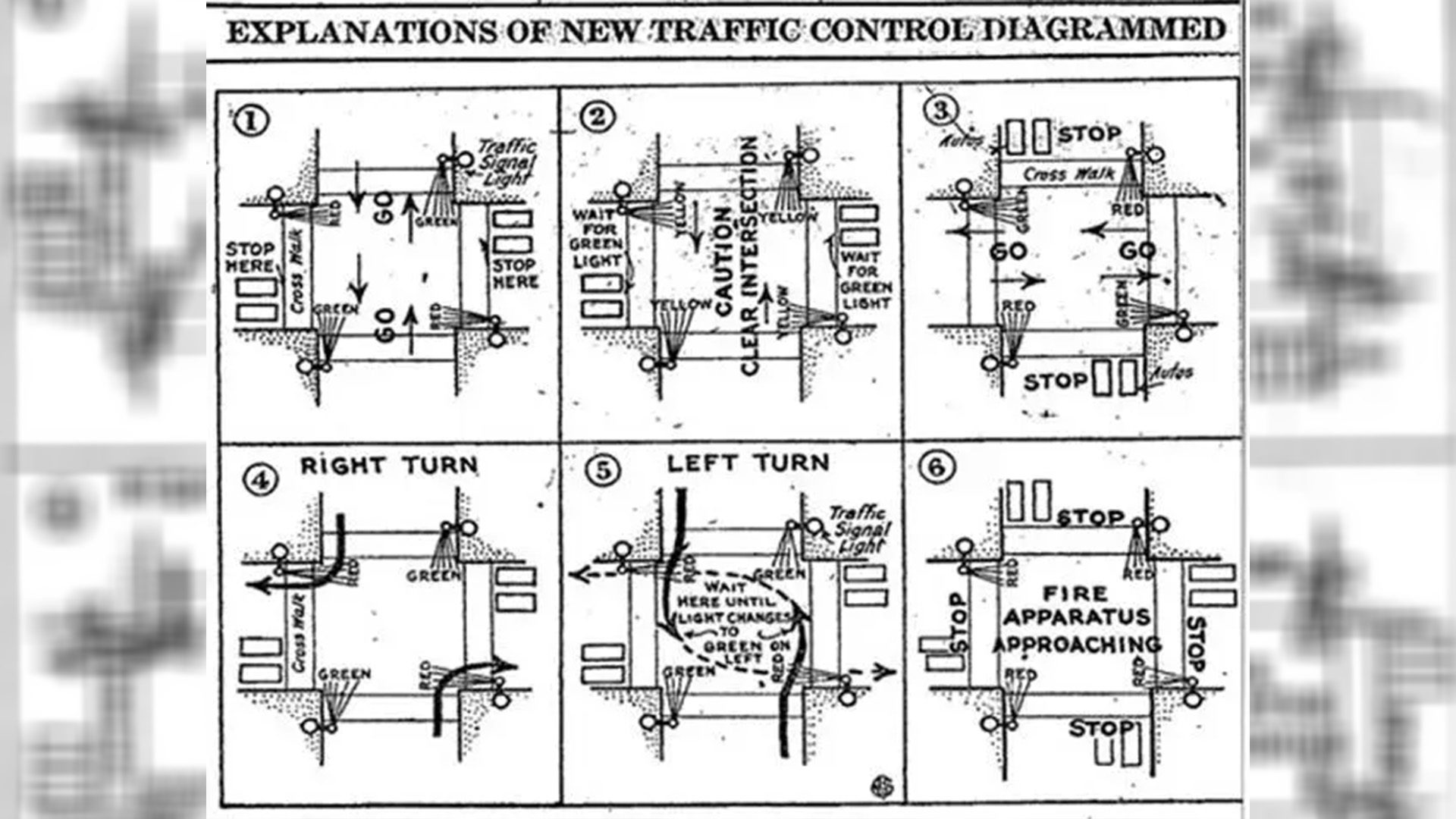
Before 1923, the traffic signal we know today did not exist; instead, there were only the two positions of “Stop” and “Go.” After Garret Morgan witnessed a spectacularly bad accident in downtown Cleveland, he designed an automated signal with an interim “warning” position to give drivers time to clear the intersection before crossing traffic entered it. The patent for this three-position traffic signal was given to Morgan on November 20, 1923. He eventually sold the rights to his invention to General Electric for $40,000.
Automatic Watch
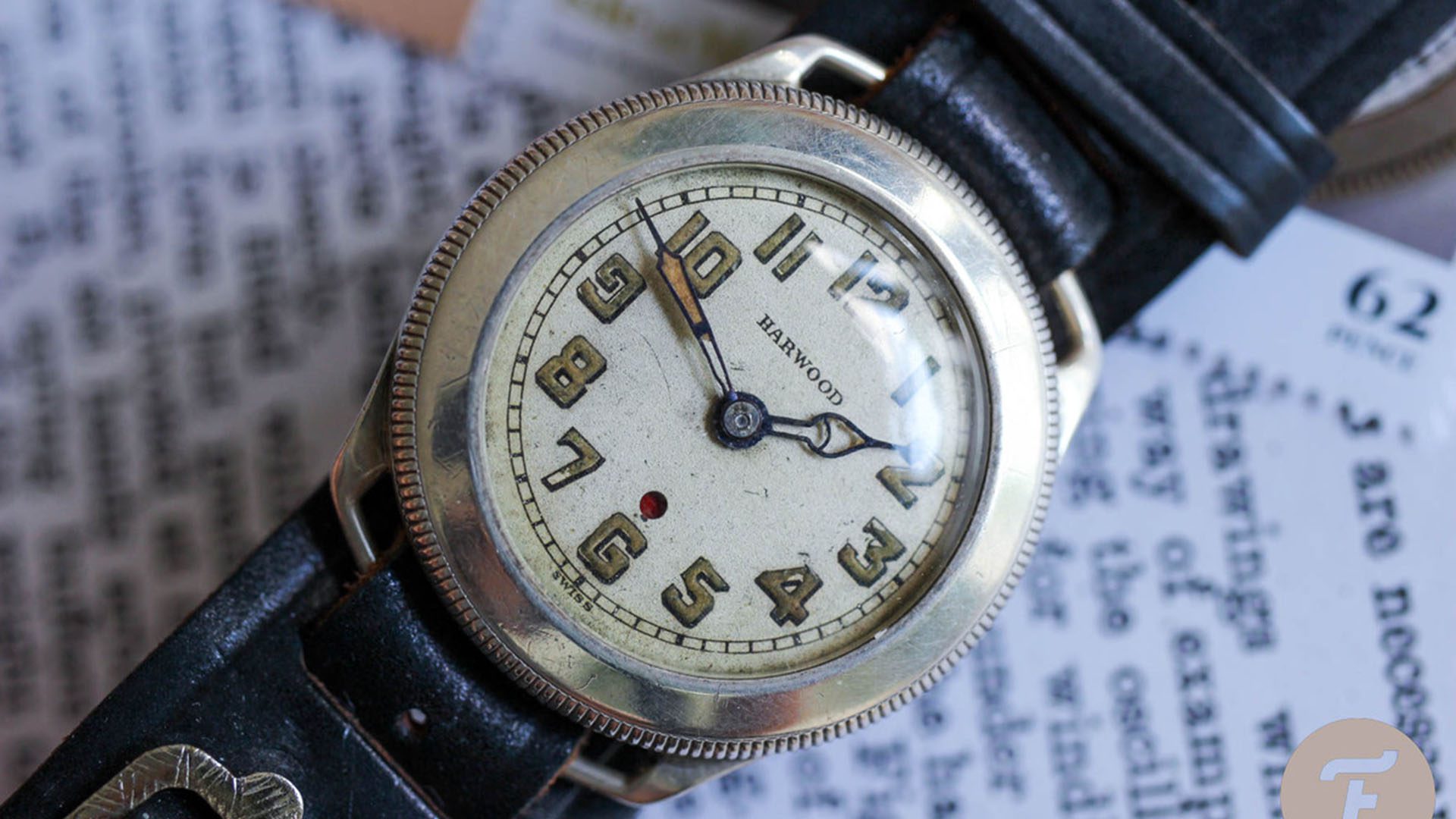
In July 1923, British watch repairer John Harwood took out a UK Patent on the first self-winding wristwatch. Known as the Harwood system, the self-winding mechanism used a pivoting weight that swung as the watch wearer moved, winding the mainspring. The ratchet mechanism only wound the mainspring when moving in one direction. When fully wound, Harwood’s watch would run for 12 hours autonomously on kinetic movement. The Harwood system inspired a revolution of advancements for watches.
Bulldozer
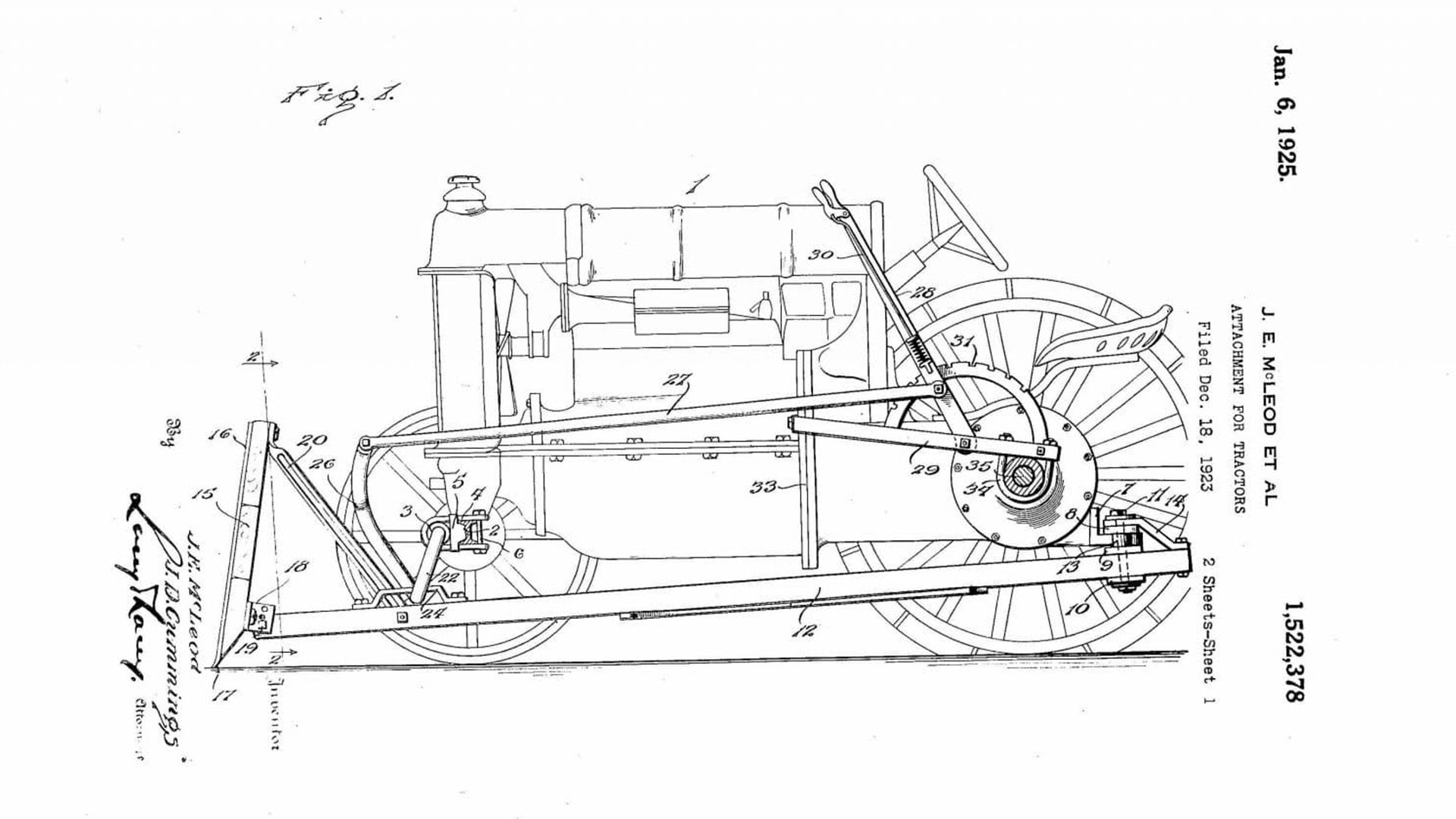
Farmer James Cummings and draftsman J. Earl McLeod co-invented and built the first bulldozer in 1923. The two Americans created a large scraper blade that could attach to the front of a tractor to push large quantities of soil, sand, or rubble. In the years following, bulldozers were widely used to dig canals.
Instant Camera
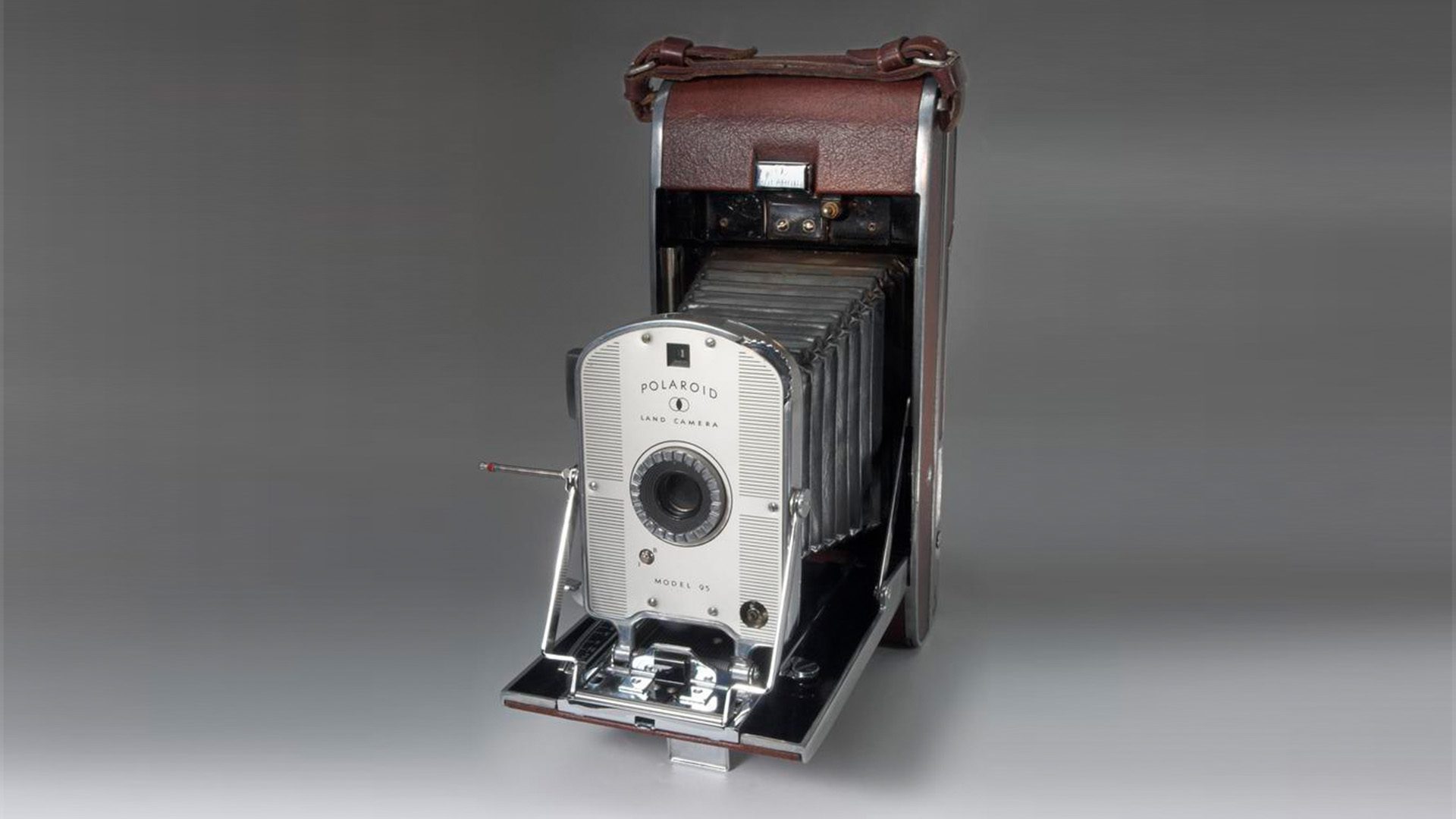
The earliest instant camera was invented by Samuel Shlafrock in 1923. It featured a camera and portable darkroom in the same compartment, allowing it to generate a developed film image. Edwin Land used Shlafrock’s model to eventually invent the Polaroid camera in 1948 which was the first commercial instant camera.
Cotton Swabs
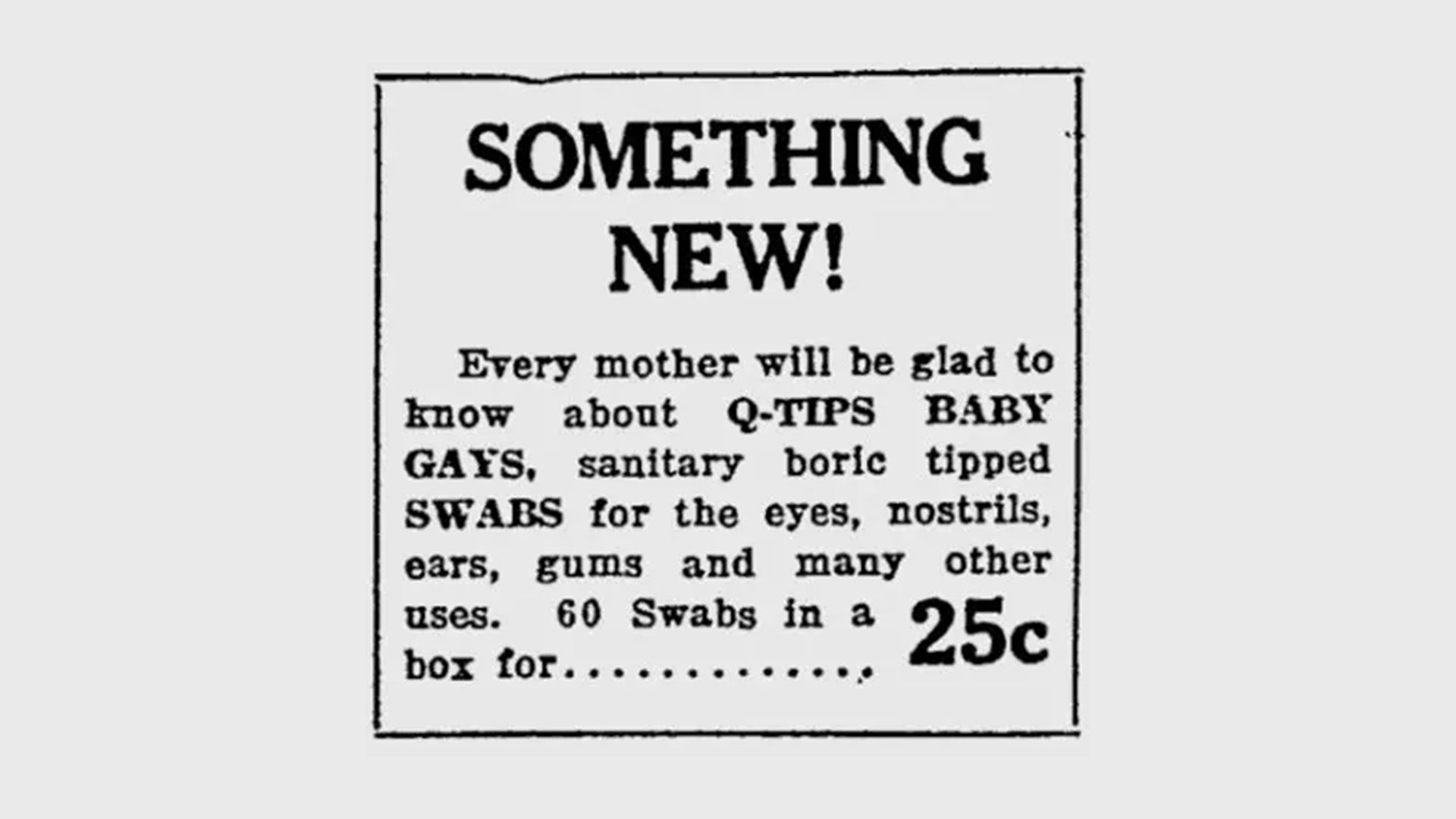
Cotton swabs were invented by Polish-born American Leo Gerstenzang after he observed his wife apply cotton wads to a toothpick to reach hard-to-clean areas. Gerstenzang manufactured a ready-to-use cotton swab and founded the Leo Gerstenzang Infant Novelty Co., a firm that marketed baby care accessories. Originally named “Baby Gays,” the product was later changed to “Q-Tips” in 1926, with the Q standing for quality.
For more blogs about 2023, check out space events happening this year, the year’s best travel destinations, our 2023 clean energy outlook, and emerging artists to watch.






